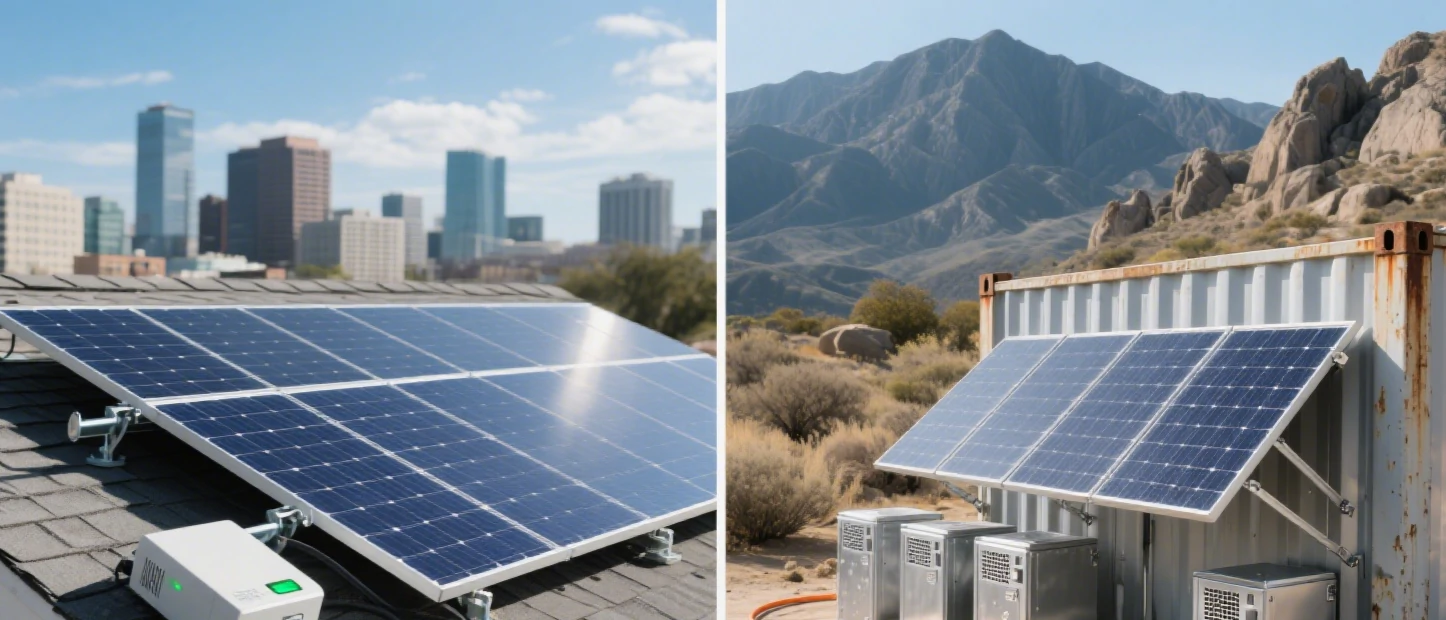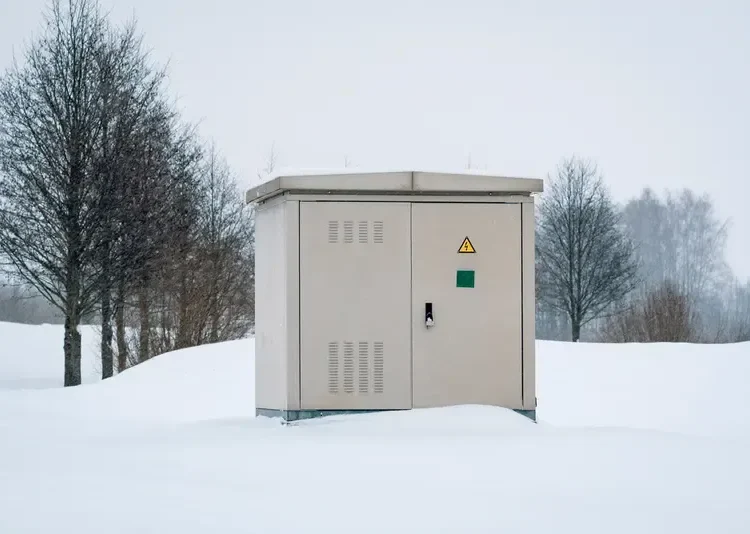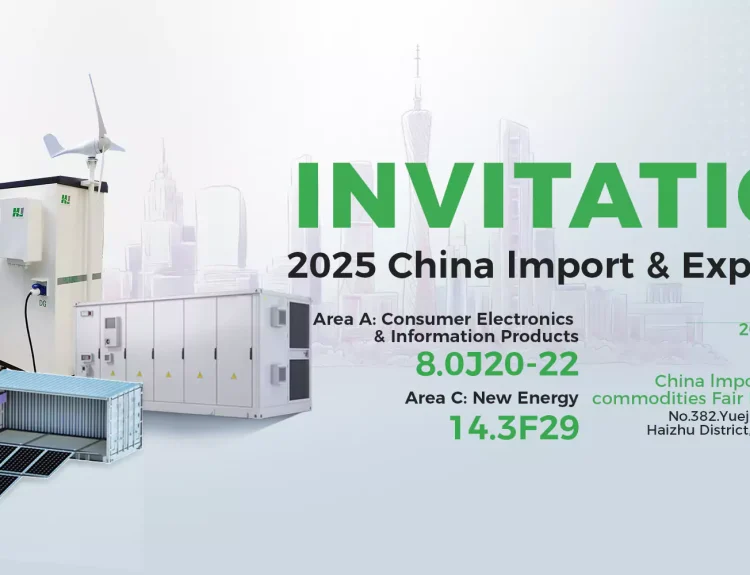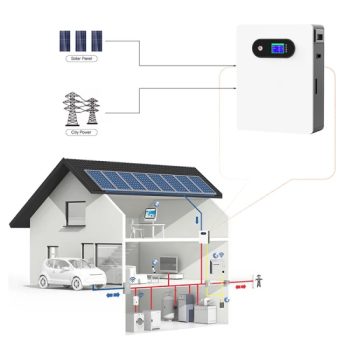As the world is moving towards renewable energy, solar power has a prominent position to reduce carbon footprints. Homeowners, businesses, and communities need to know the difference between on-grid and off-grid solar systems while adopting solar energy.
What is an On-Grid Solar System?
An on-grid solar system or grid-tie solar system is tied directly to the public power grid. It allows your generated electricity from your solar panels to be used immediately in your building or sold back into the grid. One of the main benefits, net metering, is where excess energy is applied to future electricity bills.
These systems are best suited for areas that have a reliable grid infrastructure. They hardly require batteries, hence are cheaper. However, they cannot provide power during power outages except when coupled with a hybrid storage system.
What is an Off-Grid Solar System?
Off-grid solar system is not reliant on the utility grid. It stores electricity in batteries and has a consistent supply of power, even in remote areas. Off-grid systems are utilized in rural settlements, farms, mines, and emergency stations where grid connection is limited or unreliable.
For example, foldable and lightweight items like HJ FoldSolar can be easily mounted at off-grid locations, with flexibility for areas where there are no permanent buildings.
Proper sizing of an off-grid system is crucial. Battery capacity, inverter technology, and the efficiency of solar panels must be compatible with daily and seasonal energy needs in order to be reliable. For example, a southern Spanish farm working on an off-grid system with modular panels and high-capacity batteries can power irrigation pumps and lighting entirely independent of the grid.
Key Differences Between On-Grid and Off-Grid Systems
- Connection to the Grid: On-grid is connected; off-grid is complete independent.
- Energy Storage:On-grid might bypass batteries; off-grid depends a lot on them.
- Cost:On-grid tends to be less expensive initially; off-grid involves additional investment in storage.
- Reliability:On-grid cannot supply power during a black out; off-grid provides energy independence.
Emerging Trends in Solar Systems
Solar tech advances rapidly. Hybrid solar systems, containerized transportable units, and IoT-equipped monitoring devices gain traction. These trends suggest that whether on rooftop urban areas or remote villages, solar systems are no longer geospecific—they can adapt to diverse requirements and conditions.
With growing awareness of renewable energy, both off-grid and grid-connected solar systems are more cost-effective, practical, and affordable. With advancing technology, more and more organizations and communities can utilize solar power efficiently, reduce reliance on traditional sources of energy, and set a greener course.



